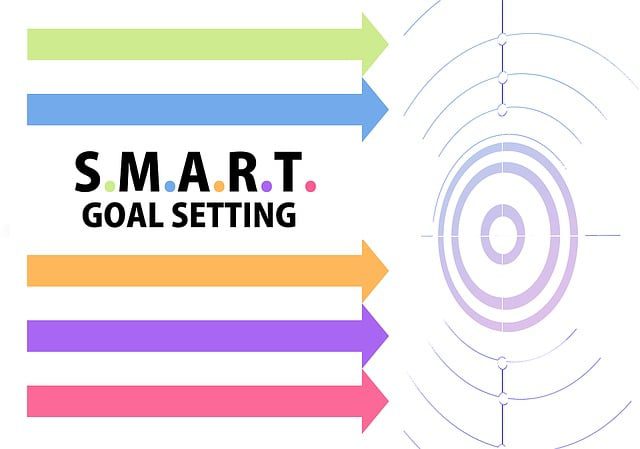SMART goals are a really good way in which you can ensure that your project team have more impact on the business. SMART stands for Specific, Measurable, Achievable, Relevant and Time-sensitive.
Here’s how you can set the best SMART goals as a project manager.
Specific
The first thing you need to do is ensure that your goal is specific. Make sure that people know what to do, why they will be doing it, where the accountability lies and any associated performance standards. When you make your goals ambiguous, then you are leaving them open to misinterpretation.
Measurable
Now you have an idea of what needs to be accomplished and how you should make sure that you define a measurable way that can be used to track progress. Set clearly defined deadlines and designate each one with expectations for exactly what you want to happen and when.
Achievable
When you make your goals achievable then you are ensuring that you have a good balance. Again, you need to ensure that the parameters you set are achievable and realistic. Mini-achievable goals are a good way of breaking your achievements down into bite-sized snippets that will help you to feel like you are really making progress.
Relevant
Goals must be relevant to your organisation and project, otherwise, your team will have a hard job understanding why they are working on them. They need to understand goals properly to be able to work on them effectively. Be specific in this instance. A little more detail is certainly a good thing when ensuring your goals are fully relevant.
Time-related
Your goal shouldn’t just be measurable. Any SMART goal also needs to be time-focused, which means they need a start date, an end date and also a time plan for the steps that need to be completed. The goal is completely meaningless in your project if you do not have the relevant timescales in place.
Types of SMART goals
There are a range of different types of SMART goals, and you need to select the one that works for you. Which one you pick will depend on how you want to set things up and your ambitions.
The three categories to consider are:
- Zero-based goals – this is what you want and what you think you can achieve.
- Commit goals – this is something a project manager and their team must accomplish in order to do their job. This might be a set revenue goal or a sales target.
- Stretch goals – very ambitious a stretch goal is still achievable and would mark a significant milestone in the development of your team.
Once you have set your SMART goal, it is important that you need to create a plan to achieve this. Training for project managers such as APM PFQ courses will have given you all the tools that you should need to be able to break down your goals, create a project plan and look at all the risks involved in your project. That way, you can achieve your end goals within your desired timeframe and on budget.

